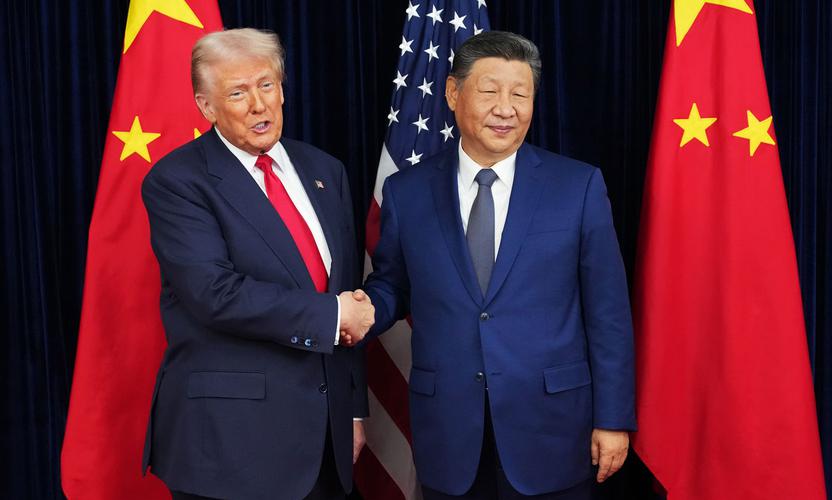China is undoubtedly “first in, first out” of lockdowns (and let’s hope not “first back in”, given the latest outbreak in Beijing). But we think it’s unlikely to set a path that other economies will follow.
Digging into the data, China’s real estate and state-directed investment lead the way, accompanied by industrial production. Consumer activity lags, butonline retailers are gaining significant market share. On Thursday, online retailers Alibaba and JD.com handled record transaction volumes of $136 billion during the annual “6.18” summer shopping holiday.
Will policymakers in the West injecting cash into business and mailing cheques to consumers have the same impact as China’s time-tested strategies of telling SOEs to get out there and put boots on the ground while juicing the real estate market? It seems doubtful, although the government-backed lending schemes seen in developed markets of late look more like China’s stimulus and economic intervention framework than anything we’ve seen before.
Elsewhere, we look at the South Korean example - a well-contained domestic outbreak that a growing number of nations, even in Europe, can hope to emulate. Still, the GEAR for South Korea is in contraction, and about one-third as bad as the troughs seen in DMs. But this is surely the frontier, given Korea’s minimal outbreak, exposure to China, reliance on relatively-insulated semiconductors, and dearth of tourism.
The experience of other socially-distanced but not locked-down nations, like Sweden (-9.7 per cent) and Japan (-11.3 per cent), may give a more realistic assessment of how much normality an economy can bear against the backdrop of COVID.
The US has bounced relatively strongly, ‘only’ contracting by about 9 per cent - albeit this is ‘flattered’ somewhat by relatively high preponderance of May datapoints relative to other GEARs. Even here, it benefits from a retail sales print that surprised to the upside significantly, but excludes all the worst-hit sectors, like services and bars/restaurants.
The roster of laggards is unsurprising - Emerging Markets that simply cannot deal as effectively with the outbreak for a variety of reasons - Brazil, Mexico, India. Then there is the UK, which is languishing as our worst DM GEAR at negative 15.1 per cent.
In addition to the GEARs, we have also been looking at daily GDP proxies from Google’s Mobility Data. We take the most economically relevant components of mobility activity (e.g. not the bit about hanging around in parks) and map them onto GDP. These correlate well with the GEAR readings above, but are a bit timelier in this period of rapid change. Let’s hope they don’t run out of steam at just below 10 per cent down - which looks plausible at this juncture.







































